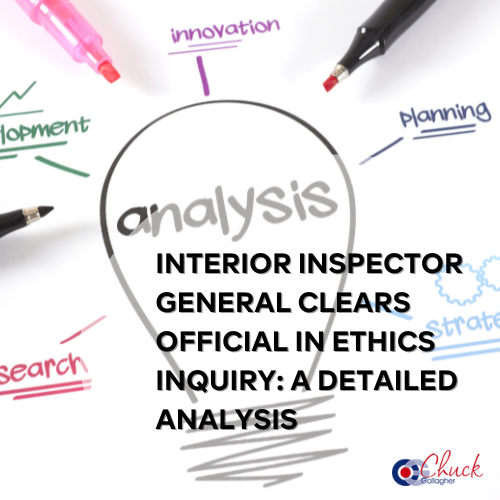
As businesses across industries are racing to meet growing expectations around environmental, social, and governance (ESG) factors, accountants find themselves in a pivotal role. The message is clear: Ignore ESG at your peril. Accountants are no longer just number crunchers—they are stewards of ethical and sustainable business practices. This shift has major implications for businesses and the accounting profession.
ESG: More Than a Buzzword
What makes ESG so critical is its integration into the very fabric of modern business. Companies that fail to account for their impact on the environment, how they engage with society, and their governance structures are increasingly being scrutinized—not just by regulators but by investors, customers, and stakeholders. According to the article by ICAEW, failing to align business operations with ESG priorities can expose firms to significant risks, including reputational damage, legal consequences, and financial losses.
Accountants: The New Guardians of Ethical Business Practices
Accountants are uniquely positioned to lead the charge in this new era. They have access to data that provides insights into a company’s financial health, operational efficiency, and, increasingly, its ESG performance. Their ability to interpret these metrics and ensure that ESG factors are accurately reported and embedded in corporate strategy is essential for long-term success.
In fact, companies are now turning to accountants to guide them in setting measurable ESG goals, tracking progress, and ensuring transparent reporting. This shift highlights the broader role accountants can play as ethical leaders within their organizations—responsible not just for financial compliance but for ensuring that businesses meet their social and environmental responsibilities.
Risks of Ignoring ESG
One of the key messages from the ICAEW article is the significant risk to those who ignore ESG. With increasing regulatory scrutiny, non-compliance can lead to severe financial penalties, lawsuits, and loss of market access. Beyond regulatory risks, there is also the risk of alienating investors and consumers who are prioritizing ESG in their decision-making processes. The rise of socially conscious consumers means that businesses need to be more transparent about their practices, or they risk losing a competitive edge.
The reputational risks are equally severe. Firms that are seen as environmentally or socially irresponsible may face boycotts, negative press, and ultimately lose consumer trust—a blow that can be difficult to recover from.
The Ethical Imperative for Accountants
For accountants, the responsibility goes beyond just managing financials. There is a strong ethical dimension to ensuring that companies are responsible stewards of both the environment and the communities they serve. Accountants must embrace their role as ethical leaders, setting the standards for transparency and accountability. ESG reporting is not just about ticking boxes; it’s about demonstrating a genuine commitment to sustainable business practices that benefit society at large.
This ethical responsibility also means calling out unethical practices or misreporting when it comes to ESG metrics. If businesses fail to take ESG seriously, they are not just putting their financial health at risk but also undermining the trust and accountability that society expects from them.
What Can Accountants Do?
To meet these new demands, accountants need to:
- Educate Themselves on ESG: Understanding the intricacies of ESG frameworks, regulations, and reporting standards is crucial. Accountants should invest time in gaining knowledge in this area to remain effective advisors.
- Implement ESG Reporting Standards: Accountants should ensure that ESG reporting is integrated into their financial reporting processes and that businesses are complying with emerging regulations.
- Advocate for Ethical Business Practices: Accountants must advocate for decisions that not only drive financial success but also support long-term sustainability. This involves pushing back on practices that may harm the environment, society, or corporate governance.
- Use Data to Drive ESG Strategy: Leveraging the data accountants already have access to can help drive actionable ESG strategies that are both measurable and impactful.
Conclusion
Accountants who ignore the growing influence of ESG are putting their companies—and their careers—at significant risk. As ethical stewards of business practices, accountants have a unique opportunity to ensure that businesses meet their social, environmental, and governance obligations. By embracing ESG, accountants can not only protect their firms from financial and reputational damage but also contribute to a more sustainable and ethical future.
Sources:
– ICAEW article: https://www.icaew.com/insights/viewpoints-on-the-news/2024/sep-2024/accountants-in-business-ignore-esg-at-your-peril


